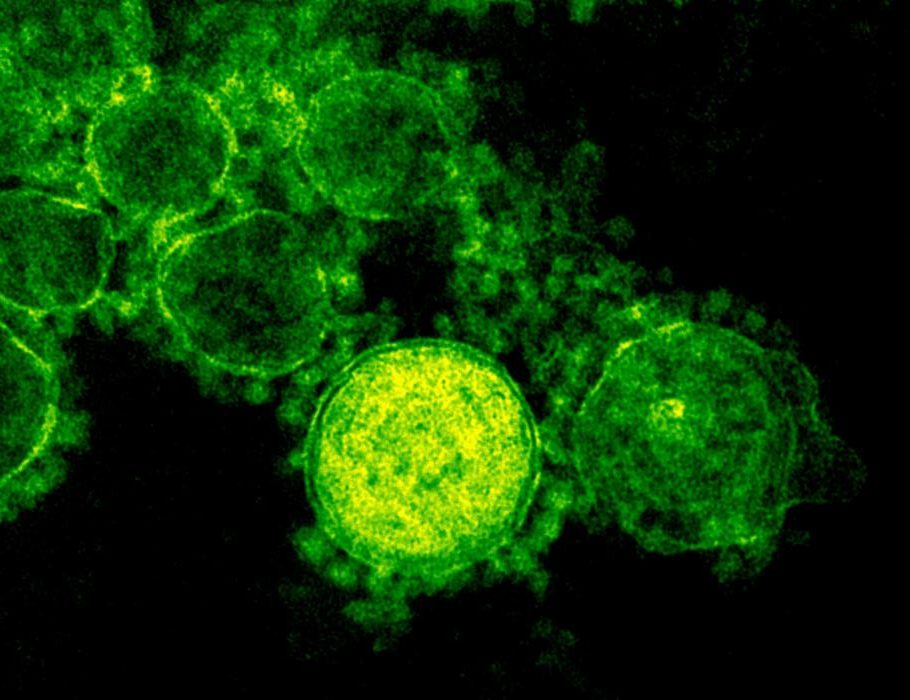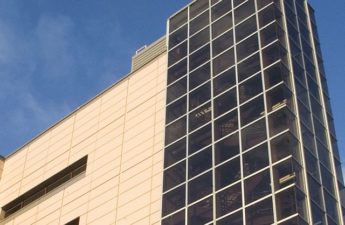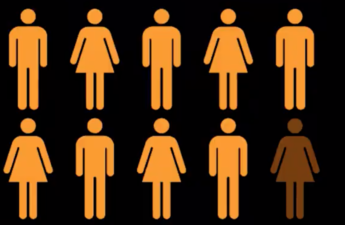
This week, the Seattle Flu Study officially partners with Public Health — Seattle & King County to launch the greater Seattle Coronavirus Assessment Network—or SCAN for short.
James Apa, Public Health – Seattle & King County
Washington state reported its first case of COVID-19 on January 21st. Since then, government officials and public health experts have been asking:
How many more cases are there?
And where will the virus show up next?
These are important questions. Understanding how common COVID-19 is and how it is spreading are critical to informing our response. This data can help public officials understand the outbreak more completely and, along with other sources, help inform public health decisions, like when to re-open schools.
COVID-19, as we have quickly learned, is a tricky disease. Some people display prominent symptoms. Others, barely any at all. As a result, it’s hard to estimate the total number of cases or track how it’s moving through the community.
But King County is fortunate in at least one key respect: we have leading researchers based right here, already working on better ways to track the spread of respiratory diseases.
Originating as a small pilot program in 2018, the Seattle Flu Study had not anticipated the need to track COVID-19. The disease was completely unknown until this past December, when it was recognized in China.
But once the first case in the U.S. was confirmed in Snohomish County, researchers realized they could adapt their existing study to help learn about this new virus.
For the past several weeks the flu study team has been working to adapt their project from a research study to part of our public health response. They’ve been partnering with Public Health — Seattle & King County, the Washington State Department of Health, and the Centers for Disease Control and Prevention to do this, and now that transition is ready to go.
This week, the Seattle Flu Study officially partners with Public Health — Seattle & King County to launch the greater Seattle Coronavirus Assessment Network—or SCAN for short.

SCAN is an innovative disease surveillance platform that will allow Public Health to gain a clearer picture of how the COVID-19 virus is spreading through our community.
By conducting focused, representative testing from a sample of people across greater Seattle and King County—ensuring we have participation from people in a cross-section of neighborhoods, including adults and children, whether they are showing symptoms or not—we will gain important information that allows us to better respond to the epidemic.
It’s important to note that participation in this surveillance program is not a replacement for medical care or evaluation by a healthcare provider for people who have symptoms or concerns related to COVID-19. Those who do not feel well or suspect they might have COVID-19 should stay home, contact their healthcare provider, and follow public health guidance.
SCAN can’t test every individual. However, by using innovative research methods and data modeling, SCAN can help us better predict the number of people who may be infected but unrecognized. Understanding how COVID-19 is being transmitted, even among those who have not yet sought medical care and would not otherwise be tested, will help us determine if community measures such as social distancing are working, and whether we need to adapt our guidance. SCAN will help us answer questions like how the virus is affecting our kids, and which groups in King County are most at risk for infection, so we can better protect them.
You can play an important role in SCAN. We’re asking people—whether they show symptoms or not—to visit scanpublichealth.org and sign up. You’ll answer a few questions, starting with your zip code. We’ll send swab kits to those we can, focusing on the people needed to get the most representative picture possible of what’s happening in our region.
Once you receive your kit, simply follow the enclosed instructions and return your swab to SCAN. If you test positive for COVID-19, you’ll be contacted by a SCAN team member working with Public Health.
“Despite the rapid onset and growth of this outbreak it has been hard to understand or predict its true extent and impact,” said Jeff Duchin, MD, Health Officer for Public Health — Seattle & King County. “By testing a broad sample of people in different communities, we’ll have a more detailed understanding of where the virus exists and who is being affected. This is important information that can help us learn about the true severity of infection, whether the community measures being taken to reduce its spread are working or need to be adjusted, and when, eventually, the number of COVID-19 cases are finally in decline.”
Questions and answers about SCAN
- What does SCAN do?
To track the spread of COVID-19, SCAN will collect nasal swabs from a sample of people across Seattle and King County, working to mirror the area’s population as closely as possible. We’ll collect swabs from both those who are healthy and those who feel sick and will also test de-identified clinical residual samples (these are left-over samples from tests performed for other reasons at clinical laboratories). The results of these tests will help us understand the outbreak more completely and, along with other data sources, help inform public health decisions. Interested community members may visit scanpublichealth.org to sign up. - Is SCAN a way for community members to find out if they have COVID-19?
SCAN is a surveillance program and not a clinical service. The purpose is to take samples from the community and build a model for how COVID-19 is moving through our region. Our primary goal is to first understand where the virus exists in our region and how it is spreading. SCAN will provide results and advice to people who test positive to decrease the risk of spreading the infection.
However, SCAN has limited testing capacity and is not a substitute for checking in with your healthcare provider. If you don’t feel well or suspect you might have COVID-19, stay home, contact your healthcare provider and follow public health guidance. - Why are you testing people who aren’t feeling sick?
COVID-19 is a new virus and there is evidence that it can spread even among those who don’t show symptoms. Testing people who aren’t feeling sick can help us learn more about who can get infected and ways to slow transmission of the virus.
It’s important that SCAN collect data from people who feel sick enough to seek care (but are not suspected of having COVID-19) as well as those not seeking care, who are mildly ill, or not ill at all. This is true for both adults and children. It is common practice in the US and other countries to test clinical residuals for public health benefit and research purposes. This can be done without consent from the patients as long as the samples are de-identified.
According to laws in the state of Washington, however, testing results from these clinical residuals cannot be returned to the individuals involved because they did not give consent at the time of sample collection for the subsequent tests, nor were these tests ordered for them by their physician. - How many tests can you run each day and how will you decide who gets tested?
Initially, SCAN will have the capacity to test up to 300 swab-and-send kits each day, in addition to about 100 clinical residual samples. Some people in specific neighborhoods or occupations may be asked to volunteer to ensure public health officials have the most complete picture possible of what’s happening in the region. - Is this the best use of limited testing resources? Doesn’t this reduce testing capacity for those who need it most?
SCAN is an important tool in our effort to better understand and predict where the virus is in our community and how it’s being transmitted, as well as what might happen next. By launching SCAN, we will be able to make better decisions about how community measures such as social distancing and school closures are working to fight the outbreak. This type of surveillance is especially critical in situations where it is not possible to test every individual.
It’s also important to know that the self-swab collection method used by SCAN has just been validated and approved for emergency, COVID-19 testing in Washington state. SCAN’s use of at-home, self-collection means the program does not reduce the testing capacity of our hospitals and clinics. - Besides SCAN, what else can I do to help?
The most important thing that every individual in our community can do right now is to increase the physical distance between ourselves to slow the spread of COVID-19. You should avoid close contact with others as much as possible, wash your hands frequently and don’t touch your face. These simple actions are among the most effective to avoid and reduce the spread of illness.
Although your personal risk for serious illness may be relatively low, if you don’t stay away from others, more people in our community will be infected. This may result in the overload of the healthcare system, making it hard for friends, family members and others who are vulnerable for serious illness getting the care they need when they need it. - Who are the partners involved in SCAN?
SCAN is a partnership between Public Health — Seattle & King County and the team behind the Seattle Flu Study. It has been developed in partnership with the Brotman Baty Institute, a collaboration between UW Medicine, Fred Hutchinson Cancer Research Center, and Seattle Children’s. SCAN relies on data modeling support from the Institute for Disease Modeling (IDM). Amazon Care is providing infrastructure and logistics capability for this effort in the greater Seattle area, along with other delivery partners. SCAN is funded by Gates Ventures (the private office of Bill Gates) and receives technical guidance from the Bill & Melinda Gates Foundation and other public health authorities. The Centers for Disease Control and Prevention (Atlanta) is providing in-person technical assistance to help launch SCAN.
Originally posted 3/23/20


